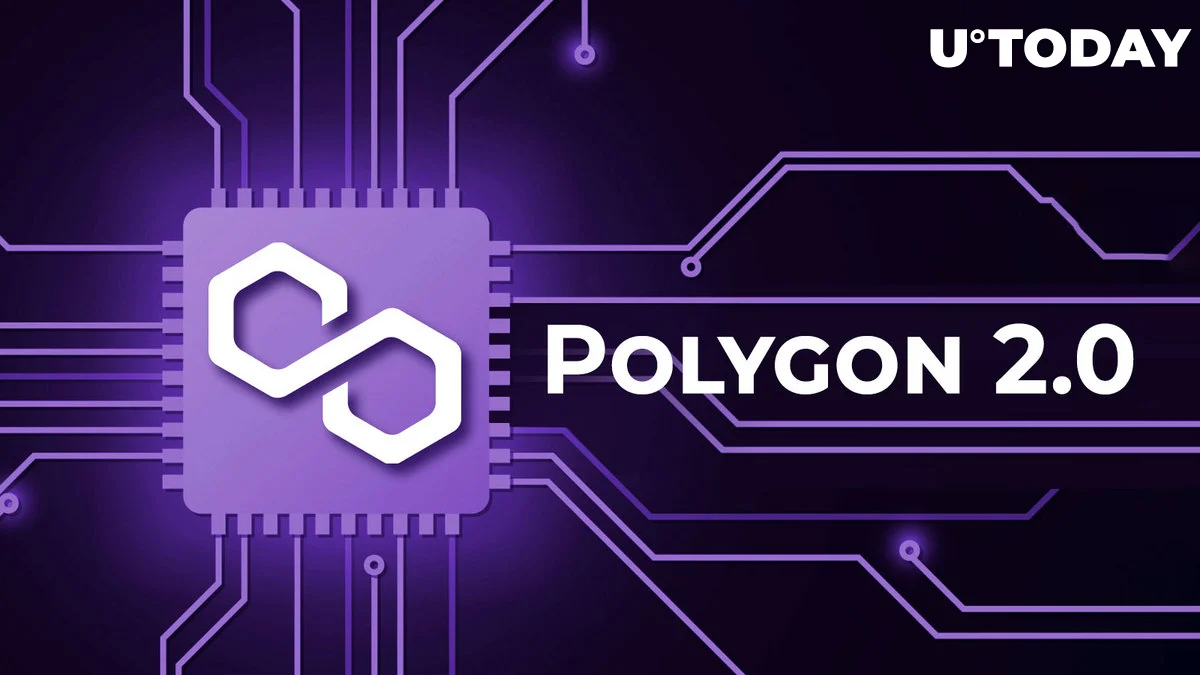
The development of Polygon 2.0, an Ethereum Layer-2 scaling solution, has advanced significantly.
Cofounder of Polygon Mihailo Bjelic used X to announce a significant advancement for the blockchain on its way to version 2.0. POL contracts are now active on the Goerli Testnet, according to the community’s consent, Bjelic tweeted.
As a result of community input, POL contracts are now operational on the Goerli testnet, which is an important step towards the realisation of Polygon 2.0.
https://x.com/MihailoBjelic/status/1709548173105271287?s=20
Three weeks ago, the specifications for POL, the improved token of the Polygon 2.0 architecture, were published in a Polygon Improvement Proposal (PIP).
On the Goerli testnet, POL contracts are now operational, and two ideas explaining potential modifications to the native token-burning mechanism necessary for future upgrades are now available for public comment.
In addition to the PIPs 17, 18, and 19 revealed in mid-September, two more PIPs, PIP-24 (Change EIP-1559 Policy) and PIP-25 (Adjust POL Total Supply), have been announced, according to an official blog post published on October 4.
While PIP-19 demands for POL to be adopted as the Polygon PoS native gas token and its staking token, as described in PIP-19, PIP-17 initiates the POL upgrade.
To implement the Polygon 2.0 Phase 0 outlined in PIP-18, PIP-24 outlines adjustments to the EIP-1559 burn mechanism, including modifications to the burn’s recipient address on the Polygon PoS network. In order to assure consistency throughout the processes, PIP-25 also suggests a way to guarantee that all previously burnt MATIC is 1:1 with POL.
The Polygon PoS network burns MATIC acquired from the base price paid by network users through EIP-1559. Since the upgrade went live on Polygon PoS in January 2022, more than 20 million native MATIC tokens have been burnt.
In the upcoming weeks, Polygon pledges to provide further updates and instructions for implementing Polygon 2.0. The first stages of the new proposed governance for Polygon 2.0, the centrepiece of which will be a new ecological council, will also be made public.


















